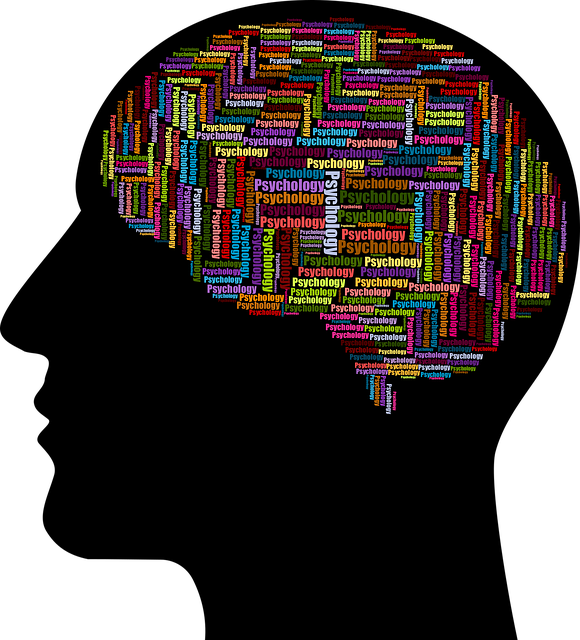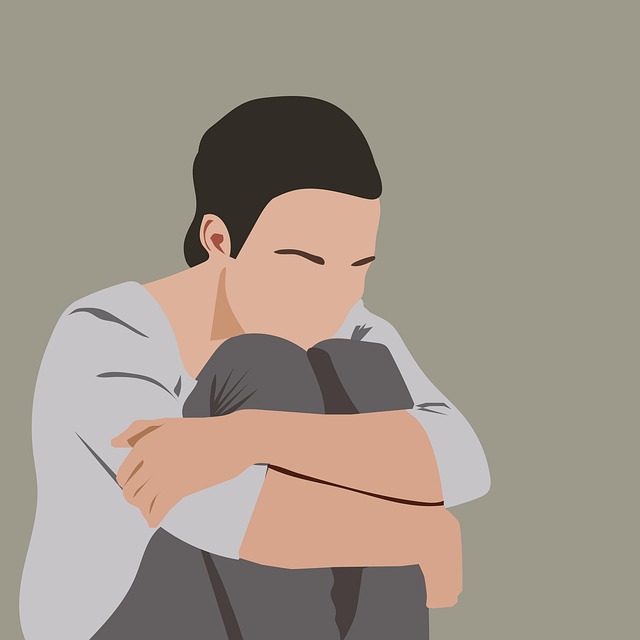In Highlands Ranch Depression Therapy, cultural sensitivity is vital for effective treatment. Therapists recognize that cultural diversity impacts mental health, so they tailor self-care practices and create supportive environments to enhance therapeutic alliances and improve self-esteem. By acknowledging individual cultural heritages and beliefs, therapists build trust, improve communication, and adapt their practices to meet diverse needs, ensuring personalized care and better outcomes for all community members. This culturally competent approach aligns with broader mental health policy initiatives and promotes inclusivity in equitable access to care.
In today’s diverse society, cultural sensitivity in mental healthcare is paramount. The impact of cultural diversity on mental health cannot be overlooked, as it influences coping mechanisms, perceptions of illness, and access to care. This article explores key aspects of culturally sensitive practice in Highlands Ranch depression therapy. We delve into understanding cultural differences, enhancing clinical communication, incorporating cultural competence in sessions, and the therapist’s role in promoting inclusivity and equitable care. By embracing these principles, mental health professionals can provide more effective support for a wide range of clients.
- Understanding Cultural Diversity and Its Impact on Mental Health
- Sensitivity in Clinical Practice: Building Trust and Effective Communication
- Incorporating Cultural Competence in Therapy Sessions
- The Role of Therapists in Promoting Inclusivity and Equitable Care
Understanding Cultural Diversity and Its Impact on Mental Health

In today’s diverse society, mental healthcare professionals in Highlands Ranch Depression Therapy must embrace cultural sensitivity to provide effective treatment. Recognizing and understanding cultural diversity is paramount as it significantly influences an individual’s mental health and overall well-being. Every patient brings their unique cultural background, shaped by their ethnic identity, social norms, and personal experiences, which can both facilitate and hinder the therapeutic process. For instance, certain cultures may view mental illness through different lenses, with varying levels of acceptance and disclosure, impacting how patients express their struggles.
By incorporating self-care practices tailored to diverse needs, such as promoting mindfulness techniques or encouraging social skills training, therapists can foster a safe and supportive environment. This approach not only enhances the therapeutic alliance but also facilitates self-esteem improvement. Cultural sensitivity allows professionals to adapt their methods, ensuring that every patient receives personalized care, ultimately leading to better outcomes and more successful mental health journeys.
Sensitivity in Clinical Practice: Building Trust and Effective Communication

In the realm of mental healthcare, cultural sensitivity is a cornerstone for building strong therapeutic relationships and delivering effective treatment. Clinical practitioners in Highlands Ranch Depression Therapy recognize that each client enters therapy with a unique cultural background, which significantly influences their experiences and perspectives on mental health. Sensitivity involves understanding these cultural nuances to create an environment where clients feel validated and heard.
Effective communication fosters trust, especially when addressing sensitive topics related to trauma. Many individuals seeking Trauma Support Services come from diverse cultural settings, bringing with them varying beliefs and expressions of pain. By adopting a culturally sensitive approach, therapists can adapt their practices to meet the specific needs of each client. This involves active listening, open-mindedness, and a willingness to learn about different cultural contexts, thereby enhancing the overall therapeutic experience and ensuring positive outcomes in mental healthcare.
Incorporating Cultural Competence in Therapy Sessions

Incorporating cultural competence into therapy sessions is a vital aspect of providing effective mental healthcare, especially in diverse communities like Highlands Ranch. Cultural sensitivity means understanding and appreciating the unique backgrounds, beliefs, and values of clients, which can significantly impact their mental health experiences and outcomes. Therapists must be adept at navigating cultural differences, ensuring that treatment plans are tailored to meet the specific needs of each individual. This involves active listening, open-mindedness, and a willingness to learn about diverse cultural practices and perspectives on mental wellness.
By integrating cultural sensitivity into therapy sessions, mental health professionals in Highlands Ranch Depression Therapy can foster an environment of trust and understanding. Recognizing the influence of culture on mental health symptoms and behaviors enables therapists to offer more nuanced interventions. This approach not only improves client engagement but also enhances the overall success of treatment. Moreover, it aligns with broader initiatives in Mental Health Policy Analysis and Advocacy, promoting inclusive practices that address the unique challenges faced by diverse populations seeking mental wellness through programs like Mental Wellness Coaching Programs Development.
The Role of Therapists in Promoting Inclusivity and Equitable Care

In the diverse communities of Highlands Ranch, ensuring equitable access to mental healthcare is paramount. Therapists play a pivotal role in promoting inclusivity by fostering an environment that respects and values cultural differences. They must be adept at understanding and navigating various cultural contexts, recognizing that each client’s experience is unique. By integrating cultural sensitivity into their practices, therapists can offer tailored support, addressing specific challenges faced by individuals from different ethnic, racial, or socioeconomic backgrounds. This approach not only enhances the effectiveness of therapy but also builds trust between the therapist and client, encouraging open communication.
Furthermore, therapists contribute to equitable care through mental health policy analysis and advocacy, ensuring that services align with the needs of diverse populations. By staying informed about local and national mental health policies, they can advocate for changes that address disparities in access and quality of care. Incorporating conflict resolution techniques into their toolkits enables therapists to manage cultural misunderstandings or tensions that may arise during therapy, fostering a safe and supportive space where every client feels heard and respected.
Cultural sensitivity is an integral part of effective mental healthcare, ensuring that individuals from diverse backgrounds receive tailored support. By understanding cultural diversity’s impact on mental health and incorporating cultural competence into practice, therapists in Highlands Ranch can build trust and foster inclusive environments. Sensitivity in communication and a commitment to promoting equitable care are key to helping clients navigate their unique journeys towards healing. This approach not only benefits individual patients but also enriches the overall mental healthcare landscape in Highlands Ranch Depression Therapy.














